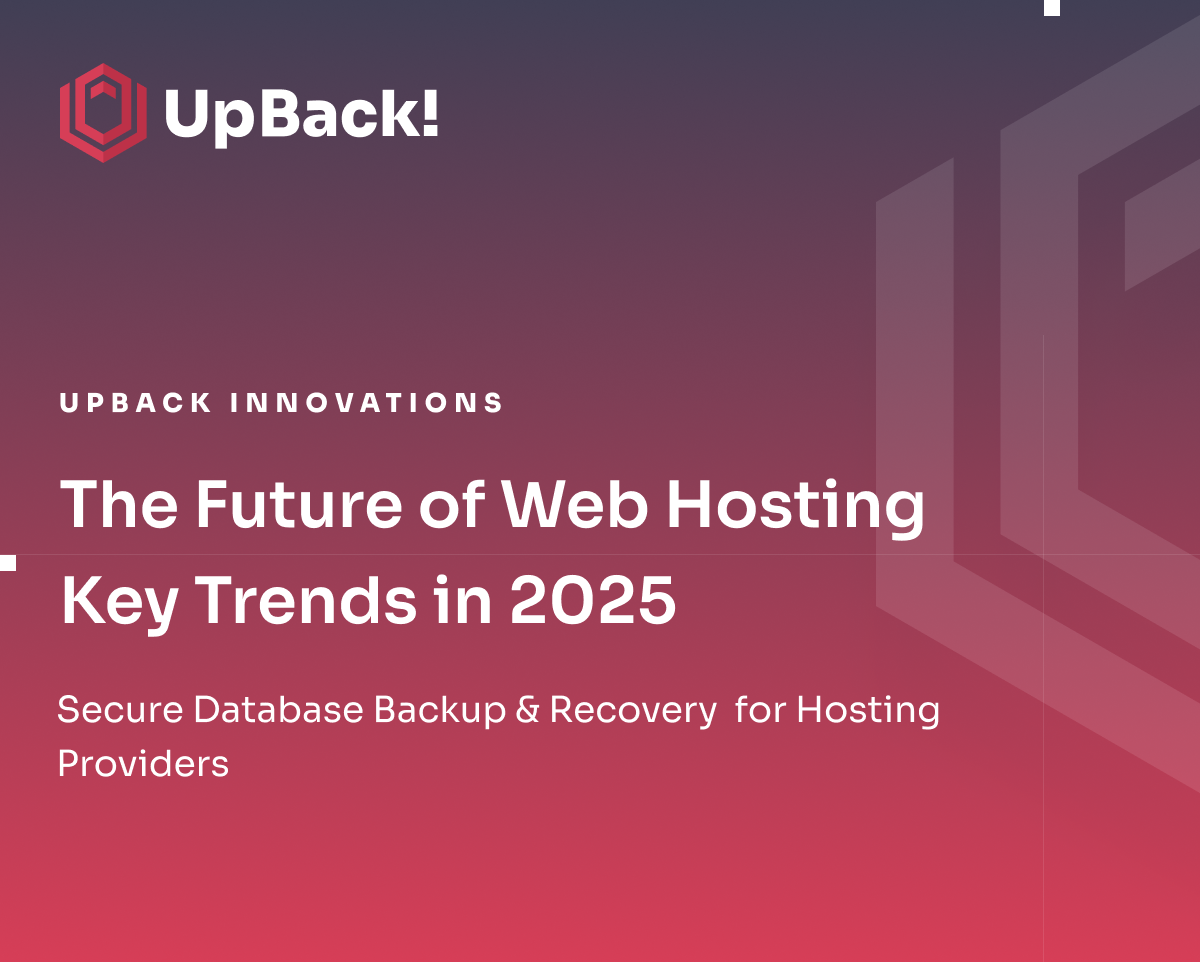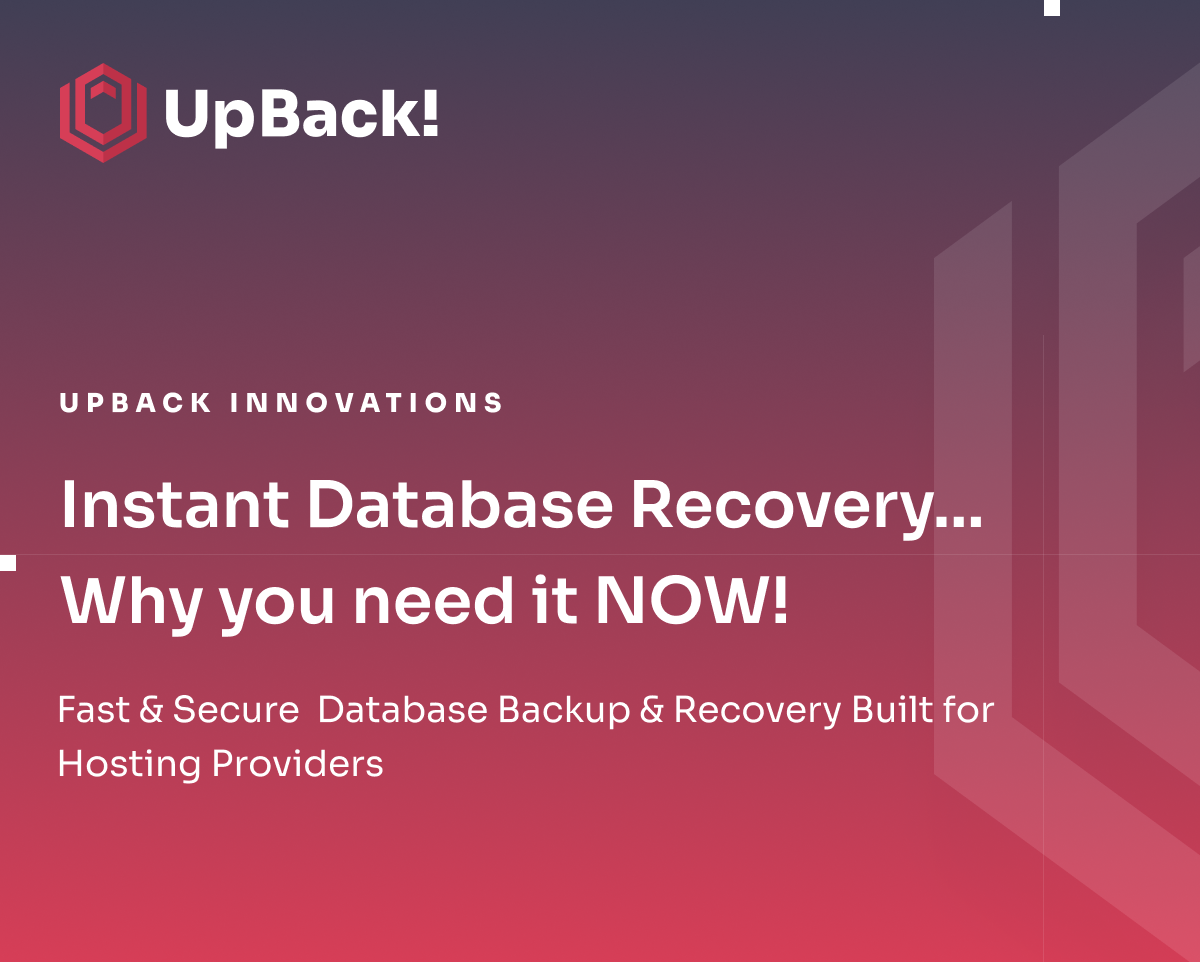PostgreSQL for Website Developers
Web development is an intricate dance of creating dynamic, user-friendly platforms that stand the test of time and traffic. At its core, robust database management plays a pivotal role, dictating not just the application's performance but its resilience and security as well.
Enter PostgreSQL: an open-source relational powerhouse that's become a developer favourite. But what sets it apart in the competitive landscape of database technologies?
PostgreSQL: The Devs' Choice
Why has PostgreSQL gained such widespread acclaim among web developers?
It's lauded for its comprehensive feature set, which supports a broad spectrum of database operations with ease.
From handling massive volumes of data to ensuring transactions are processed smoothly, PostgreSQL offers the versatility and reliability that modern web applications demand. But its growing popularity isn't just about its technical merits; it's also about the vibrant community that supports it, driving continual improvements and innovations.
This introduction sets the stage for a deeper exploration of PostgreSQL's capabilities and how integrating solutions like UpBack! can enhance data management practices, ensuring developers can leverage the full potential of their database systems.
The Rise of PostgreSQL
In recent years, PostgreSQL has not just risen; it has soared in popularity among developers. A survey in StackOverflow, a hub for coders worldwide, showcased PostgreSQL as the top choice for database technology.
But what exactly draws developers to this particular database system?
Why Choose PostgreSQL?
The allure of PostgreSQL extends beyond its technical abilities. It's known for being incredibly user-friendly and versatile, making it an excellent match for a variety of web projects, from small blogs to large-scale enterprise applications.
Its capability to handle complex queries and vast datasets efficiently allows developers to focus on innovation rather than getting bogged down by database management intricacies.
Moreover, PostgreSQL’s commitment to open-source principles means it's continuously evolving, thanks to contributions from a global community of developers.
This dynamic development ensures that PostgreSQL stays relevant and powerful, meeting the needs of modern web development with remarkable adaptability and security features.
Pros and Cons of PostgreSQL
To make an informed decision about adopting PostgreSQL for your web development projects (like any software really), it's essential to weigh its strengths and weaknesses.
Like any technology, PostgreSQL comes with its own set of pros and cons that can impact its suitability for your specific needs. Here’s a brief overview to help you navigate these considerations:
Pros:
Advanced Features: Facilitates complex operations and transactions with a versatile range of data types.
Open-Source Nature: Offers freedom for modification, encouraging innovation and supported by a strong community.
Extensibility: Customizable to specific requirements with user-defined functions, types, and more.
Cons:
Potential Complexity: Its comprehensive capabilities might be daunting for beginners.
Performance Nuances: Certain scenarios might demand optimization for better performance.
Understanding these factors is crucial in determining how PostgreSQL can best serve your web development endeavors. With its robust features and flexibility, PostgreSQL stands out as a formidable option for many projects.
However, the potential complexities and the need for occasional performance tuning highlight the importance of thoughtful consideration and planning. As we delve into the alternatives and specific use cases for PostgreSQL, keeping these pros and cons in mind will guide you towards making the most effective use of this powerful database system.
PostgreSQL Versus Other Databases
When choosing a database technology for your web project, it's crucial to consider how PostgreSQL stacks up against its competitors, such as MySQL, MariaDB, and MongoDB. Each of these databases offers unique features and benefits, making them better suited to certain situations.
Comparing PostgreSQL with Other Databases:
MySQL and MariaDB: Both are renowned for their reliability and ease of use, often preferred for web applications that require straightforward data transactions. MariaDB, a fork of MySQL, provides all of MySQL's features with additional improvements and is designed to be highly compatible.
MongoDB: Stands out as a leading NoSQL database, ideal for projects that require flexible schema and the ability to store unstructured data. It's particularly well-suited for applications dealing with large volumes of data that doesn't fit into traditional relational databases.
Situations Where Alternatives Might Be Preferable:
MySQL/MariaDB: Best for applications that need a mature and tested solution with extensive support for web frameworks.
MongoDB: When your project involves real-time analytics or handling a wide variety of data types and structures.
The Case for PostgreSQL in Web Development
Despite the strengths of its alternatives, PostgreSQL holds its ground with a set of advantages that cater specifically to the needs of developers working on complex, data-driven web applications.
Advantages for Developers:
Comprehensive Feature Set: PostgreSQL supports advanced data types, full-text search, and updatable views, making it incredibly versatile for web development.
Performance and Reliability: Known for its data integrity and support for complex queries, PostgreSQL ensures your application runs smoothly under various conditions.
Open-Source and Community-Driven: Continuous improvements and updates from the global community keep it at the forefront of database technology.
Easy API Creation with PostgREST:
One of the standout features for developers using PostgreSQL is the integration with PostgREST, a standalone web server that turns your PostgreSQL database directly into a RESTful API.
This means that you can instantly create APIs for your web applications without writing additional code, simplifying the development process and reducing time to market.
While there are scenarios where MySQL, MariaDB, or MongoDB might be the better choice, PostgreSQL’s advanced features, performance, and the ability to quickly create APIs with PostgREST make it a compelling option for complex web development projects.
Its balance of power, flexibility, and community support ensures that it remains a top choice for developers seeking to build robust, scalable web applications.
Compatibility with UpBack!
When integrating UpBack! for backup and recovery solutions in your web development project, understanding its requirements and compatibility is essential for a smooth operation. UpBack! is designed with flexibility in mind, supporting a wide range of operating systems, containers, database versions, and hardware configurations.
Operating Systems and Containers Supported by UpBack!:
Operating Systems: UpBack! has been rigorously tested on popular Linux distributions including Debian (versions 10/11/12), Ubuntu (versions newer than 14.04), CentOS (7/8), Stream (8/9), and RHEL (7/8/9), ensuring wide-ranging compatibility.
Containers: For projects utilizing containerization, UpBack! supports Docker (version 20 and above), allowing for efficient backup processes, especially for MySQL databases version 8.0 or higher, provided binlog is enabled.
Database Versions and Hardware Resources:
Database Management System Compatibility: UpBack! seamlessly works with various versions of MySQL (5.5, 5.6, 5.7, 8.0), MariaDB (5.5, 10.x, 11.x), and PostgreSQL (version 10 and above), covering a broad spectrum of database environments.
Hardware Resources: To ensure optimal performance, the /tmp directory should have free space at least 1.2 times greater than the database size. Additionally, a minimum of 2GB free RAM is recommended for smooth operation.
Simplifying Server Addition:
UpBack! simplifies the process of adding servers for your PostgreSQL databases, whether they are containerized or not. The platform offers a straightforward method to integrate your database servers into the UpBack! ecosystem, facilitating effortless backup and recovery processes.
For non-containerized databases, adding a server is as easy as selecting the database technology and OS version, then following a simple wizard to install and configure the UpBack! agent on your server.
For containerized setups, UpBack! provides clear instructions to ensure your Docker environment is prepared and connected, even highlighting the specific considerations for backing up MySQL databases with binlog enabled.
This approach underscores UpBack!’s commitment to providing a user-friendly experience that does not compromise on power or flexibility. Whether you are working within a traditional or containerized database environment, UpBack! is designed to accommodate your needs, making the backup and recovery of your PostgreSQL databases as straightforward and stress-free as possible.
Restoring Your Data with UpBack!
UpBack! streamlines the data restoration process, providing web developers with an intuitive platform for safeguarding their projects.
Its capabilities extend to:
Download, Restore, or Clone: Whether it’s a complete database or specific tables, UpBack! allows users to download, restore, or clone data. This flexibility is invaluable for developers looking to quickly revert changes, recover from data loss, or clone databases for testing purposes.
Plan-Specific Features
Basic Plan: Offers essential tools for data backup and restoration, including encrypted backups, custom backup scheduling, and granular restore options. It's tailored for SMEs and individual developers focused on single-server environments.
Advanced Plan: Builds on the Basic plan by introducing features critical for larger, more complex web development environments. This includes support for multiple database versions on the same server, containerized databases, and enhanced notification systems, providing a more comprehensive solution for data management and security
Scheduling Backups with UpBack!
Recognizing the importance of regular backups for maintaining data integrity and security, UpBack! offers:
Custom Backup Scheduling: Developers can set backups to occur at intervals that best fit their project's lifecycle, ensuring that data is consistently backed up without impacting system performance. This feature is crucial for preventing data loss and facilitating quick recovery in case of an issue.
The Importance of Regular Backups
Regular backups are the backbone of data security and integrity in web development. They protect against accidental data loss, corruption, and other unforeseen events that could jeopardize a project.
UpBack!'s scheduling feature ensures that backups are both regular and non-disruptive, allowing developers to focus on their core work without worrying about data loss.
In essence, UpBack!'s tailored plans provide a seamless experience for web developers, ensuring their databases are always protected, recoverable, and aligned with their development schedules.
This approach not only simplifies database management but also reinforces the security and integrity of web applications.
Elevate Your Web Development with UpBack!
As we dive deeper into the nuances of web development, the significance of a robust, reliable database cannot be overstated. PostgreSQL has established itself as a premier choice for developers seeking flexibility, performance, and security. However, managing and safeguarding your PostgreSQL databases is a task that demands precision and reliability.
This is where UpBack! steps in to transform the way you handle your database backup and recovery processes.
We encourage you to explore the integration of UpBack! with your PostgreSQL databases. By doing so, you not only gain peace of mind knowing your data is secure but also achieve operational efficiency that keeps your projects running smoothly.
UpBack! is designed to complement the strengths of PostgreSQL, offering a streamlined backup and recovery solution that ensures your databases are protected, recoverable, and optimized for the demands of modern web development.
Discover More About UpBack!
Interested in learning more about how UpBack! can enhance your data management strategy? Visit our resources for detailed insights:
Learn the ins and outs of UpBack! through our Blog on Backup and Recovery.
Explore our Main Page for PostgreSQL Database Backup to see how we specifically support PostgreSQL users.
For information on system requirements, check out our Wiki on Requirements.
Get step-by-step guidance on integrating PostgreSQL with UpBack! in our Wiki on PostgreSQL.
Have questions? Our FAQ Section covers a wide range of queries.
Try UpBack! Today
Ready to take the next step? Sign up for our 7-day Free Trial and experience firsthand the difference UpBack! can make in managing your PostgreSQL databases. It’s time to bring efficiency and security to your web development projects with UpBack!.
Reinforcing Data Safety and Management with UpBack!
PostgreSQL offers a dynamic, robust foundation for web development, capable of meeting the most demanding data management needs. By pairing PostgreSQL with UpBack!, developers can leverage the best of both worlds: the advanced capabilities of a leading database system, enhanced by the streamlined backup and recovery solutions provided by UpBack!.
Take the step today to ensure your databases are not just operational but also secure and resilient against any data mishaps. With UpBack!, safeguarding your web development projects has never been easier or more reliable.




